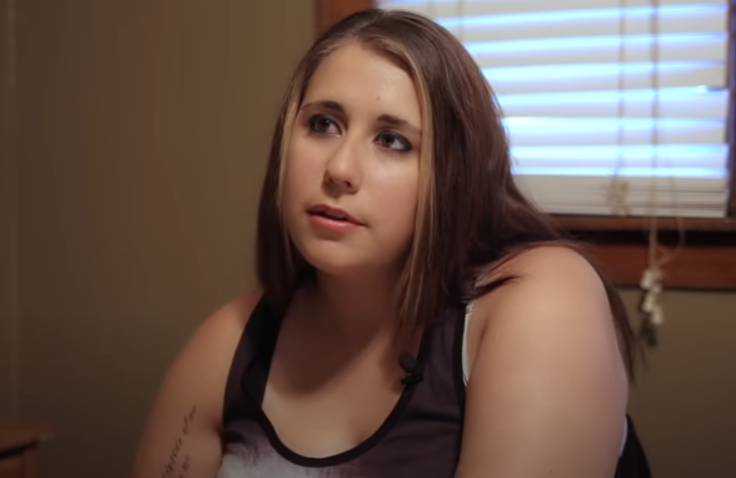Introduction
Stigmatic: Our Opioid Crisis is a documentary that delves into the origins and far-reaching impact of the opioid crisis. Featuring interviews with individuals affected by opiate addiction — including law enforcement, healthcare professionals, and those in recovery — the film offers an unvarnished look at the differing opinions within the activist community on contentious approaches to addressing the epidemic. Through these honest conversations, it becomes clear that one pervasive challenge lies at the core of the crisis: stigma.
Watch Now!
After watching the following video, you are welcome to share your experience by providing a review of the resource.
Quotes
“The very first day I did heroin it was not as if I went looking for it. It became the convenient drug in my neighborhood and I simply went to be with my friends one afternoon and instead of people drinking or smoking marijuana, they had heroin … And it wasn’t like I woke up that morning thinking, I think I will be doing heroin today. It was just there in front of me that afternoon.”
“While heroin continues to steal headlines, prescription opiates can be just as deadly. Of the approximately 47,000 drug overdose deaths that occurred in 2014, almost 19,000 were tied to prescription pain relievers.”
“Physically, I looked like death, honestly. I got down to 90 pounds at one time. Every bone in my body was hanging out. When I think back, I honestly don’t know how I made it out alive. I had dark circles under my eyes. My face was sunk in, my cheeks were sunk in, my hair was falling out. It ruined my whole body.”
“A big majority of these patients ended up prescription overdose, or prescription addicts, because of true medical needs. Some of ’em, yes, it was experimental, but a good portion of ’em had medical conditions, medical problems in which they were treated. And during that treatment and pain management they got addicted to a narcotic drug.”

“When I was supposed to be out pursuing my future, I was just throwing it away. I lost my job. I’ve lost almost everything other than my parents. And you know, God love ’em because they never gave up on me once during this whole ordeal. And they still haven’t.”
EMILY
Decriminalization & Reducing Stigma
“Efforts to remove stigma and allocate funding for treatment has become the never-ending debate for many of those fighting the epidemic. Though the county holds a number of meetings and summits, a singular solution remains intangible.”
“Decriminalization is the lessening of criminal penalties. In this case, it means no longer saddling individuals with a substance use disorder with jail time or felony convictions for their condition. This does not mean an end to prosecuting dealers or suppliers. But rather to reduce stigma, making it easier for sufferers of substance use to open up about their struggle and receive the necessary treatment.”
“Everyone’s recovery story is different. For some, the road to recovery involves long-term supervised prescriptions, while others find guidance in spiritually based 12-step programs. Whatever the path, recovery is an ongoing process.“
“Pain can be good when it tells us something. A spike in opiate death rates is painful to watch but its message is plain: we did this. We let pharmaceutical companies push opiates for years without question, locked up sufferers of substance use disorder. We pushed the job of solving a crisis we barely understood to law enforcement, educators, and medical professionals without really equipping them to do so. This is our opioid crisis. We cannot ask its victims to solve it for themselves because we are all its victims and we will all be its conquerors. Someday soon, no one will have to suffer alone. Stigmatic.”

